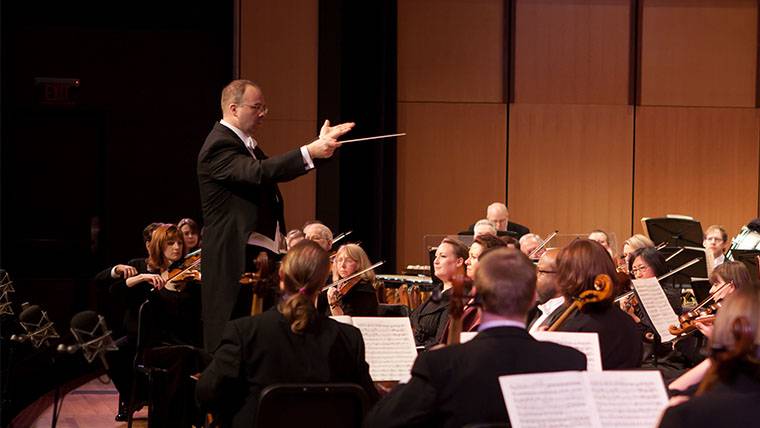
Hard to believe that as recent as the 1930’s the music of Sibelius was vastly more popular than Beethoven. Since then, tastes have waxed and waned, making it fascinating to see how and why the fortunes of artists can change so quickly. At the beginning of the century, Sibelius was considered on the vanguard of symphonic composition with his revolutionary use of form, and harmony, but by the mid-century he was blistered for being hopelessly romantic and not embracing the Avant-garde of the day—namely the embrace of atonality and serialism.
Combine that with the volatile preoccupation of the day with ethnicity and nationalism which became an ugly social cancer in Germany in the mid-century and you have the makings of a cocktail of controversy that could quickly change anybody’s international reputation. Today, with the benefit of time Sibelius is again revered as Finland’s greatest son and as one of the supreme masters of symphonic writing since Beethoven. In this regard, his rise, fall, and rise again from grace mirrors that of Mendelssohn who also was celebrated as the greatest composer of his generation during his lifetime, but whose music then had to endure unfair and puzzling lapses of appeal depending on the tastes of the day.
What seems more immovable through time, however, is the regard for the work of Beethoven and Shakespeare. Universally considered giants in the pantheon of great artists, it’s unthinkable that their work would have to endure the same “fair weather” assessments as others. Yet Mendelssohn’s depiction of “The Bard’s” (Shakespeare) comedic play “A Midsummer Night’s Dream” remains an unparalleled musical achievement, as well as Sibelius’ symphonic writing which continued Beethoven’s legacy and once-upon-a-time even rivaled it in popularity.